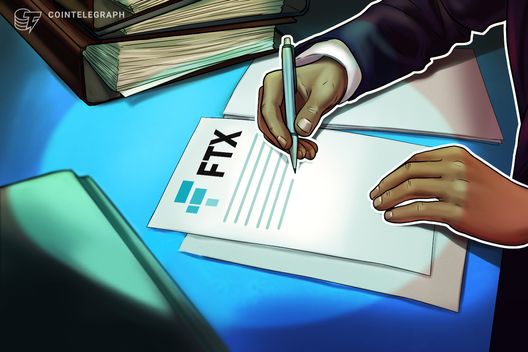Taxes and cuts advised in Chicago finance task force report
3 min read

Bloomberg News
Chicago should resume annual inflation-based adjustments to its property tax levy.
That’s one recommendation from a task force Mayor Brandon Johnson assembled and charged with coming up with ways to strengthen Chicago’s long-term financial health.
It doesn’t call for other major property tax hikes, but
The task force is co-chaired by Loop Capital founder, chairman and CEO Jim Reynolds and the incoming Chicago Urban League president and CEO Karen Freeman-Wilson, who is the current mayor of Gary, Indiana.
“The recommendations for the FY2026 budget represent a balanced approach to our charge,” the co-chairs wrote in the report’s introductory letter to Johnson. “They include both revenue-generating measures and cost-saving options, recognizing that a combination of strategies is essential to addressing the city’s budget deficit.”
On May 31, 2026, the task force will release a more comprehensive, long-term report. It will address economic development and “a range of complex and interconnected fiscal issues,” according to the interim report.
The task force’s interim report puts forth a mix of efficiencies and revenue solutions in the $1 billion to $2.1 billion range to close the city’s $1.15 billion budget gap.
The group identified between $630 million and $1.65 billion in potential revenue-related opportunities, and between $372.4 million and $455.5 million in efficiencies.
As part of the efficiencies, the task force recommended extending the supplemental pension payments policy beyond 2028; re-amortizing and reducing pension debt through pension obligation bonds and pension buyouts; and shifting the timing of pension contributions.
The efficiency recommendations included a vacancy freeze; re-examining employee healthcare plan designs and exploring pharmacy benefit manager options; disbanding the Chicago Police Department’s horse-mounted unit; diverting 911 calls to the Chicago Fire Department to a hospital-based telehealth service; increasing the use of autonomous drones by the CPD; and implementing an early warning system to flag police officers with problematic behavior patterns.
The task force also recommended a redundant technology expenditure analysis and increased use of artificial intelligence.
On the revenue side, the task force called for the city to declare the maximum tax increment financing surplus possible, allow the natural expiration of some TIFs and explore early termination of other TIFs.
The group suggested the city keep the grocery tax, which will expire Oct. 1
And it recommended Chicago reinstitute the employer’s head tax, pass an internet gaming tax and pursue a payments in lieu of taxes program.
Other recommendations included a rideshare congestion surcharge hike; an increased garbage fee; retail delivery fees; a road usage charge; adjusted parking fees; and indexing fees and fines to annual inflation.
On the disputed Municipal Employees’ Annuity and Benefit Fund payment, which
“Addressing the structural deficit will require time, political will, and the courage to embrace measures that may be difficult for many in the short term,” the co-chairs wrote. “Yet we firmly believe, as our collective experience affirms, that short-term sacrifice is often necessary to secure long-term stability and growth.”
The city’s finance team did not respond to questions by press time.







